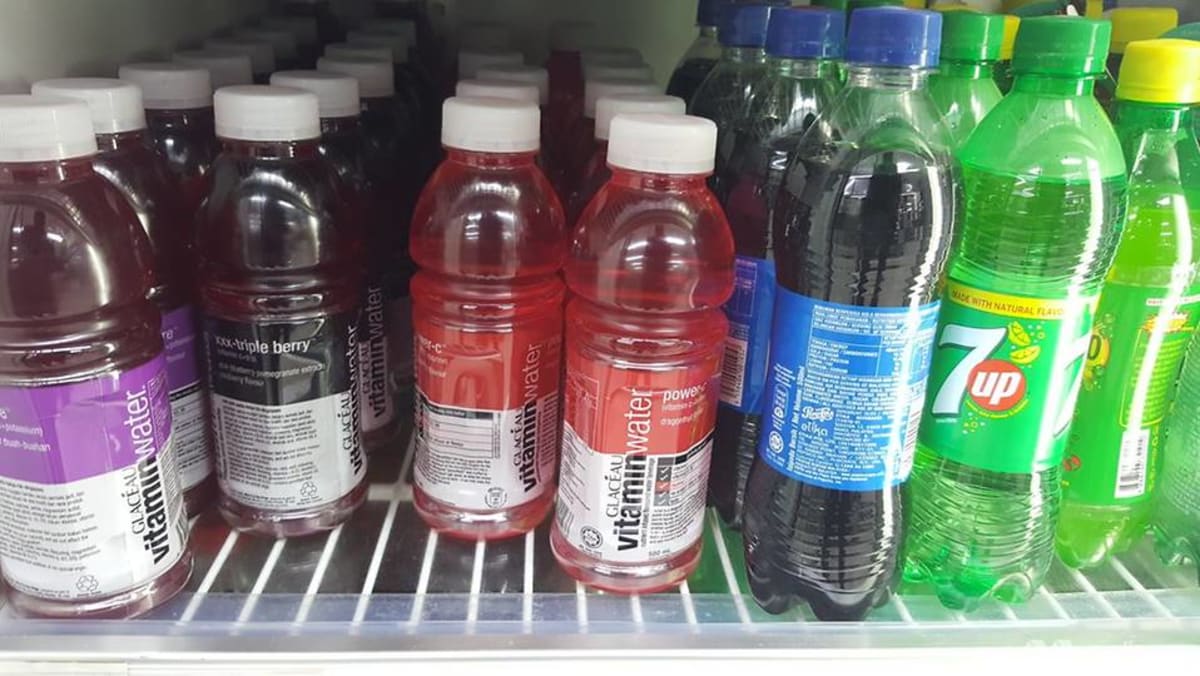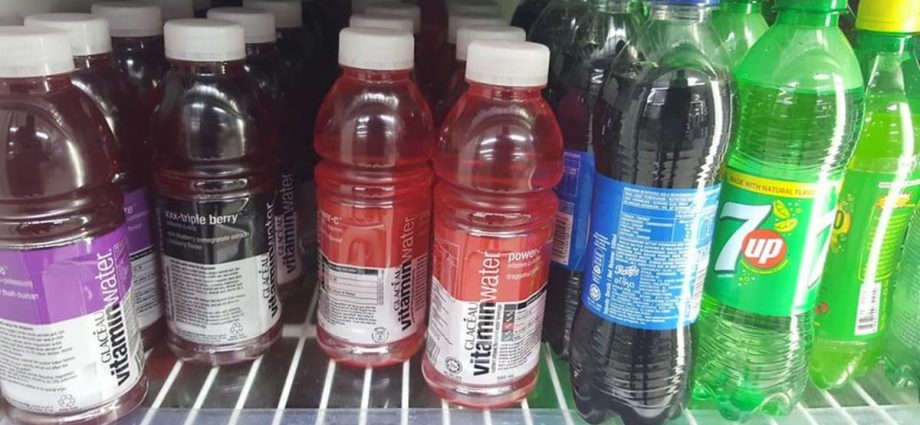
On whether costs might be passed on to consumers in the form of increased beverage prices, Dr Khor said prices would likely be moderated by competition within the industry – which is the case in other countries with a similar scheme.
To ensure the scheme operator is efficient, effective and operates fairly across multiple producers, the Government will exercise regulatory oversight over the scheme operator.
The scheme operator which will need to be licensed by the NEA and will need to meet conditions set by the agency, such as a collection target.
While NEA previously said the Government was considering mandated return points at large supermarkets with a total area of more than 200 sq m, Dr Khor suggested that containers could be returned at food and beverage premises.
At these premises, operators and stallholders will have the flexibility to decide whether to collect the deposit and pass the beverage containers to their patrons, she said.
“There are a wide range of such premises, from casual settings to more formal settings, and each would have its own preference. For example, stallholders could serve the customer the beverage with its container and charge the deposit, in which case the customers can take away the empty beverage containers and return them at designated return points to claim the refund on their deposit,” Dr Khor explained.
Alternatively, the stallholder could pour the beverage into a cup before serving. In this case, stallholders would not need to charge the deposit as the customer does not receive the beverage container.
The stallholder will be able to collect used beverage containers and claim the refund of deposits on these containers.
“We expect the former to apply in more casual settings such as coffeeshops and hawker centres as the shop owners would typically have their customers pay the deposit and take the beverage container,” said Dr Khor.
F&B operators may also choose to set up return points at their premises.
In overseas schemes, the scheme operator pays handling fees to return point operators to reimburse costs incurred.
The locations of these return points can be in suitable public spaces such as community clubs and sports facilities, in addition to hawker centres.
Return point operators may choose manual over-the-counter return points or opt for automated Reverse Vending Machines.
In a supplementary question, Mr Ang asked whether the deposit or refund would attract any Goods and Services Tax (GST).
Dr Khor said: “Based on the intended design scheme, GST will not be chargeable on the deposit.”
The ongoing consultation by NEA will be open until Oct 14, 2022.

